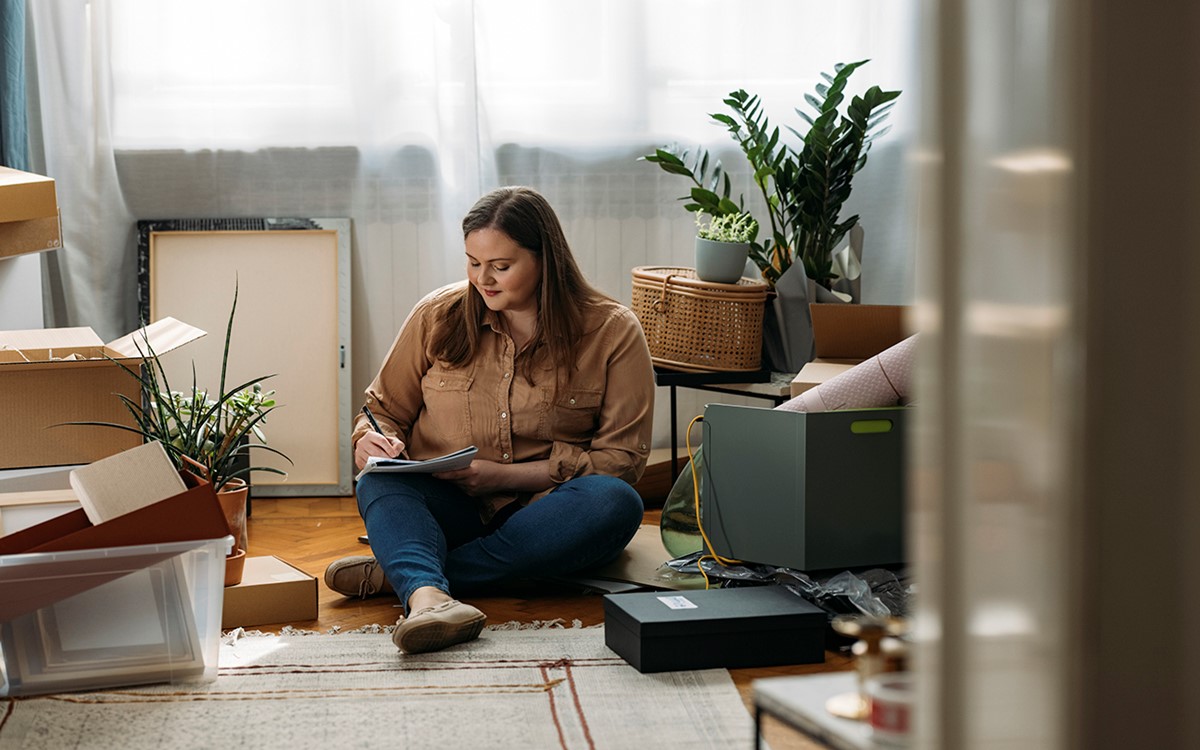Whether you’re relocating for work, study, or simply the adventure, Denmark welcomes newcomers with open arms and a culture that values well-being and balance. If you’re thinking of moving to Denmark, this guide will help you understand the practicalities and joys of life in Denmark, and how Alfa can make your move seamless.
What do you need to move to Denmark?
If you’re moving to Denmark from the UK, the first step is to understand the rules and requirements for entering and staying in Denmark. Since the UK is no longer part of the EU, UK citizens do not have the same automatic right to live and work in Denmark as EU nationals. However, with the right preparation, your move can be smooth.
For short stays up to 90 days in a 180-day period, UK citizens can visit Denmark visa-free for tourism or business. If you plan to work in Denmark, study, or stay longer than 90 days, you’ll need to apply for the appropriate visa or residence permit. The Danish government offers various permits, including those for employment, family reunification, and studying in Denmark.
To find a job and obtain a work permit, you typically need a job offer from a Danish employer. The application process involves submitting documents like your passport, employment contract, and proof of qualifications. Once you receive your work permit or residence permit, you’ll be registered in the municipality where you’ll live in Denmark.
If you’re new to Denmark, it’s essential to register your address with the local municipality within five days of arrival. You’ll receive a CPR number, which is your personal identification number and grants access to healthcare, banking, and other essential services. If you’re studying in Denmark, your university may assist with the process.
For Nordic citizens, the process is simpler, but for most UK nationals, careful planning and timely applications are crucial. Always check the latest information on the Danish government’s websites or consult with a relocation expert to ensure you meet all requirements for your stay in Denmark.
What does it cost to live in Denmark?
One of the first questions people ask when planning to live in Denmark is about the cost of living. Denmark is known for its high standard of living, but it’s also important to budget carefully.
Housing is usually the biggest expense in Denmark. Cities like Copenhagen and Aarhus are more expensive than smaller towns. Many newcomers start with temporary accommodation before finding something permanent.
Daily costs for groceries, dining, and transport are generally higher than in the UK. Public transport is reliable, but cycling is very common and a cost-effective way to get around.









